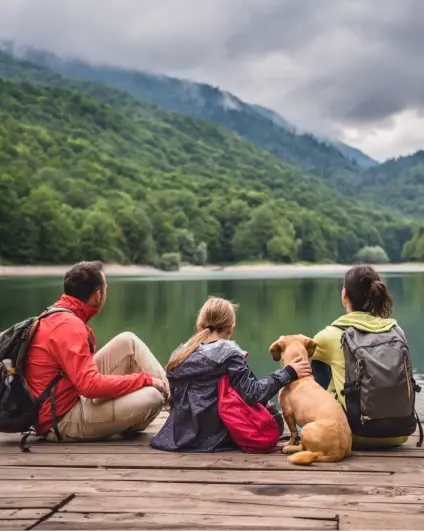
For all your safari tours
Book Now
Great deals
Adventure Africa Expedition
QUESTIONS FOR SAFARIS
Once you have agreed on a specific tour and price the deposit of 20% of the payment through the bank is required for confirmation and reservations. The balance will be paid either two months before departure date or upon arrival before departure for the safari where our official receipt is issued.
Absolutely yes.
The tip for the guides, cooks and porters normally depends on your appreciation. We recommend
$15 to $20 a day for the guide per group and $10 to $15 a day for the cook and porters on an average climb or safari per group
The amount of money you pay includes park entry fees, rescue fees, camping / hut / lodge costs, English speaking guide, cook, porters, three meals a day, mineral water, coffee and tea, Safari vehicle with pop-up roof and camping equipment, unless mentioned otherwise.
This excludes personal nature, accommodation on arrival and last day after your safari unless mentioned otherwise, tips.
Yes. You can leave some of your luggage at the hotel in our office while on safari.
Most of the parks can be visited throughout the year. Kenya and Tanzania’s rainy season is from march to June, some parts of some parks will be less easy accessable. Some parks become more interesting in the dry season than in the wet season, you'll be informed about details before your booking.
If you have a group which exceed 5 people as you know the number of people in a group also affects the price. So the more people, the more the price is reduced per person.
Yes, we can pick you from any airport either Jomo Kenyatta International Airport JKIA or KIA, Kilimanjaro Airport {KIA}
We recommend you to bring some stuff listed below but it usually depends on the type of safari you take.
Small towel, toiletries, toilet paper
Sunscreen and lipbalm
First aid kit and insect repellent
Flash light
Binoculars
Camera with zoom lenses
Spare film or memory card and batteries or battery pack
Sun glass and sun hat
Long sleeved shirt and long trousers
Warm sweater
Day pack
Just bring your rain cloth for emergency if you go for a camping safari but our tents can stand the heavy showers and are highly recommended in rain seasons.
As the park is not a zoo sometimes you can be very close to the animals as they come close to the cars but it is prohibited to drive off road in the park so just stick to your camera and let the nature respond to you.
You do not have to pay if you are just taking pictures in the park, but you will need a certain permit if you want to make some films in the park.
For maasai you will get the chance of learning their political, social and economic ways of this colourful tribe which is mostly based on an Age set. We also offer cultural safaris.
TREKKING FREQUENT ASKED QUESTIONS
Waterproof rucksack with day pack
Sleeping bag (covering at least 3 seasons)
Roll mats and insulation pads
Comfortable hiking boots, light walking trainers thongs (flip - flops)
Gaiters (useful when encountering snow)
Wooden walking stick / ski pole
Sunglasses or snow – goggles, sun hat, balaclava or woolen hat
Warm scarf, gloves, mittens and thermal underwear
Sweaters / jumpers, anorak / raincoat, water and windproof pants, jackets, t-shirt, several pairs of socks
Long sleeved shirt with collar, small towel, toiletries and toilet paper
Sunscreen and lip salve
First – aid kit and insect repellent
Flash light (head mounted preferable) and spare batteries
Pocket knife
Sewing / repair kit
Water bottle
Whistle, some plastic bags
Camera with spare film and batteries
Notepad with pen/pencil
Mount Kilimanjaro and mount Kenya can be climbed all year around as well all you just put on the rain cloth during the rain season.
No climbing Kilimanjaro does not involve technicalities.You just need to be in a good breathing system to cope with the altitude change as you go up because oxygen becomes thin.
The minimum age for trekking up the Uhuru peak (the top of Kilimanjaro) is 16 years, to Stella Point the age limit is 13 years.
If one from the group gets seriously ill,our guide will contact the headquarter to bring the rescue team which will work with your assistant guide to bring the sick person down and if necessary to the hospital while the others proceed with the head guide to the peak.
